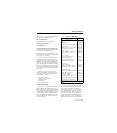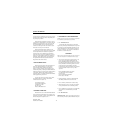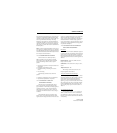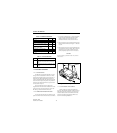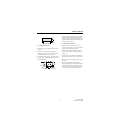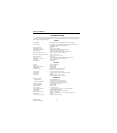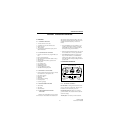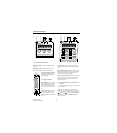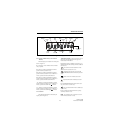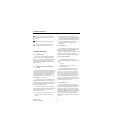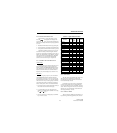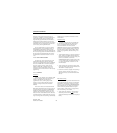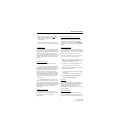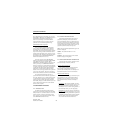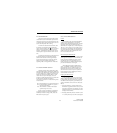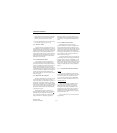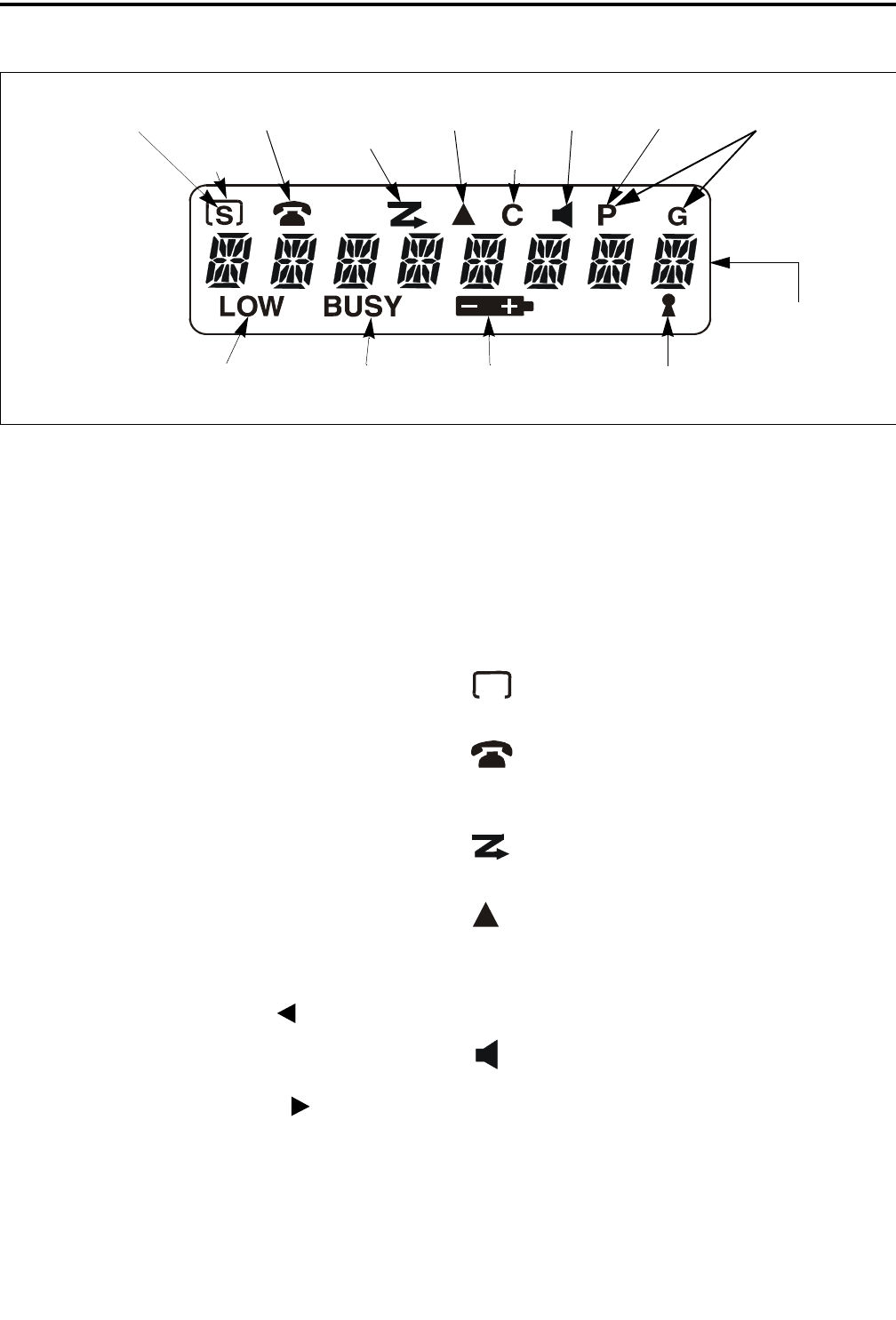
TRANSCEIVER OPERATION
2-3
November 1999
Part No. 001-7780-500
Figure 2-3 Display
Low Battery
Monitor
Mode
Talk-Around
Mode
Radio-
Wide
Scan
In Scan
List
Scan
Enabled
Low Tx
Power
Busy
Channel
Priority
Channel
Private
Call
Telephone
Call
Keypad
Locked
Keypad Prog.
Mode
Alphanumeric
Display
2.2.5 FRONT PANEL KEYS (FULL KEYPAD
MODEL)
The following keys are located on the front panel
shown in Figure 2-2:
0-9-These keys enter a number whenever number
entry is required.
F1 - This key is dealer programmable to control a
specific function (see Section 2.3.4).
F2 - This key is dealer programmable to control a
specific function (see Section 2.3.4). In addition, in
menus, it provides the Clear (CLR) function.
F3 - This key is dealer programmable to control a
specific function (see Section 2.3.4). In addition, in
menus, it provides the Enter (ENT) function.
- This key is dealer programmable to control a
specific function (see Section 2.3.4). In addition, in
menus, it provides the Scroll Left ( ) function.
- This key is dealer programmable to control a
specific function (see Section 2.3.4). In addition, in
menus, it provides the Scroll Right ( ) function.
2.2.6 DISPLAY
The following information is indicated by the
display shown in Figure 2-3:
Alphanumeric Display - This eight-character area of
the display indicates alphanumeric messages and
feature selection information.
S
- Standard scanning is enabled (see Section 2.3.11).
Standard and radio wide scanning cannot be enabled at
thesametime.
- The current conventional channel is in the
standard scan list (see Section 2.3.11).
- Telephone (interconnect) mode is selected
with SMARTNET/SmartZone channels only (Section
2.5.6).
- Radio-wide scan is enabled (see Section
2.3.11).
- Repeater talk-around is enabled (see Section
2.4.9).
C
- A SMARTNET/SmartZone private call is occur-
ring (see Sections 2.5.4 and 2.5.5).
- The conventional monitor mode is enabled (see
Section 2.4.4).
P
- The selected conventional channel is a priority
channel (see Section 2.4.12).
LOW
- Low transmit power is selected on a conven-
tional channel (see Section 2.4.10).
*
#



